Choosing the ideal pet insurance plan in India requires thoughtful evaluation of various aspects to make sure it suits both your pet's requirements and your financial situation. Listed below are 14 key steps to guide you in making a well-informed choice:
- Assess Your Pet's Requirements Consider your pet's age, breed, and overall health. Some breeds are more susceptible to specific health issues, and older pets may require more comprehensive coverage.
- Determine Your Budget Decide how much you can afford for insurance premiums and potential out-of-pocket expenses like deductibles and copayments.
- Research Insurance Providers Investigate reputable pet insurance companies in India. Read reviews and assess customer feedback, especially regarding the claim handling process.
- Understand Coverage Choices Learn about available policy types—accident-only, wellness packages, comprehensive coverage, etc.
-
Policy Comparison
Request quotes from multiple insurers and compare factors like premiums, coverage limits, deductibles, and copayments. - Examine the Fine Print Carefully read the policy documents to fully understand inclusions, exclusions, and limitations.
- Review Waiting Periods Understand waiting periods applicable after buying a policy, as some conditions might not be covered immediately.
- Understand the Claims Process Know how to file a claim, what documents are needed, and how long the processing will take.
- Evaluate Customer Service Good customer service helps ensure a smooth experience, especially during claims. Look for responsive and helpful support.
-
Inquire About Pre-Existing Conditions
Clarify how the policy handles conditions your pet had before the coverage began, as many do not cover pre-existing issues. - Explore Optional Add-Ons Consider optional coverages for dental care, alternative therapies, vaccinations, and more if your pet needs them.
- Seek Recommendations Talk to other pet owners, vets, or online communities to get feedback on insurers based on real experiences.
-
Review the Network of Veterinary Clinics
Check if the insurer has a tie-up with a wide network of clinics and whether you can choose your own vet. - Evaluate Coverage Limits Understand any annual, per-condition, or lifetime caps that could limit your reimbursements.
- Consider Your Pet's Age Some policies have age restrictions. Confirm that your pet qualifies before applying.
- Ask About Renewal Terms Learn how policy renewals work and whether premiums rise as your pet ages.
- Your Veterinarian Vets often have insight into insurers and can guide you toward plans suitable for your pet’s breed and health history.
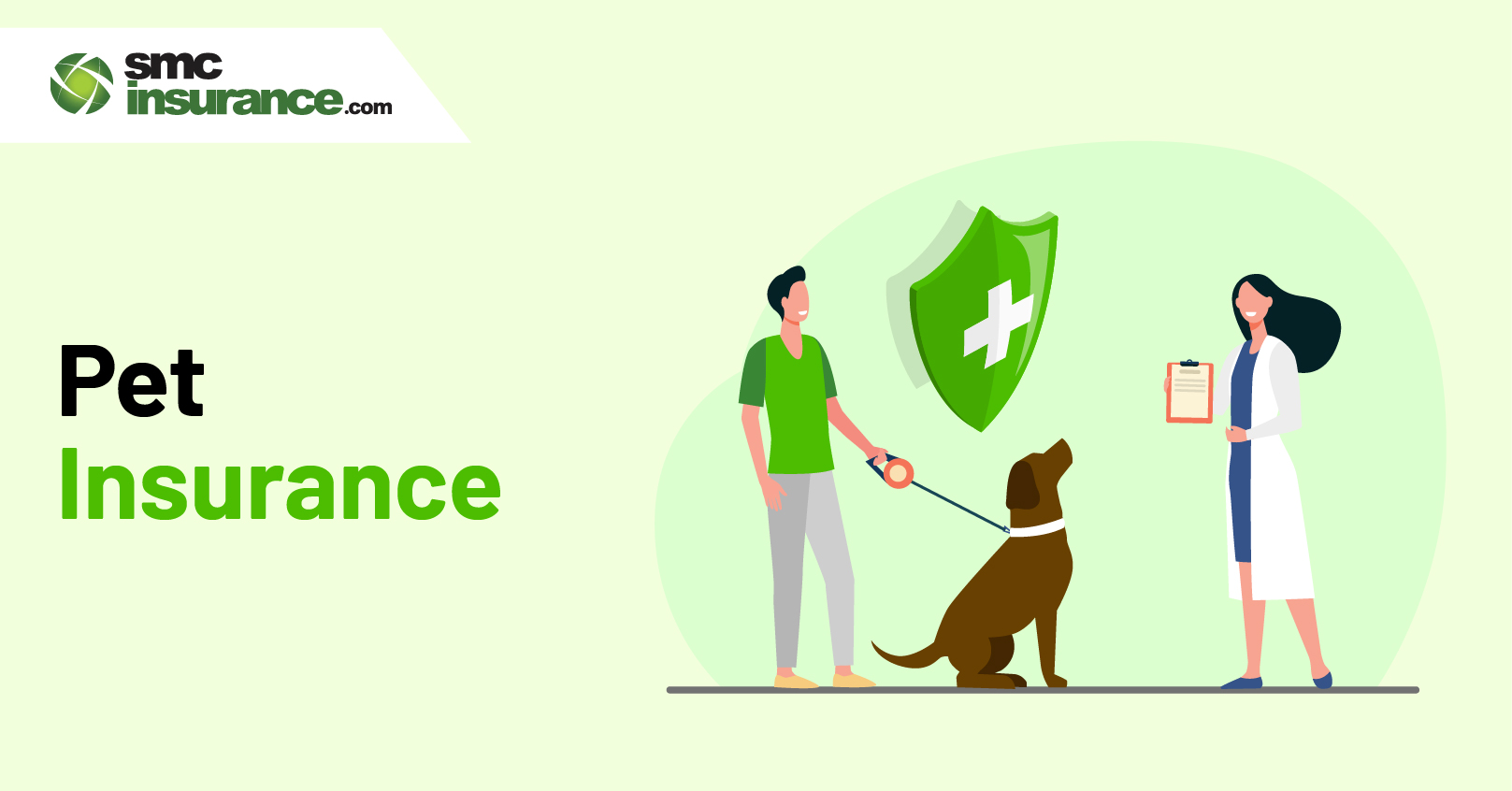
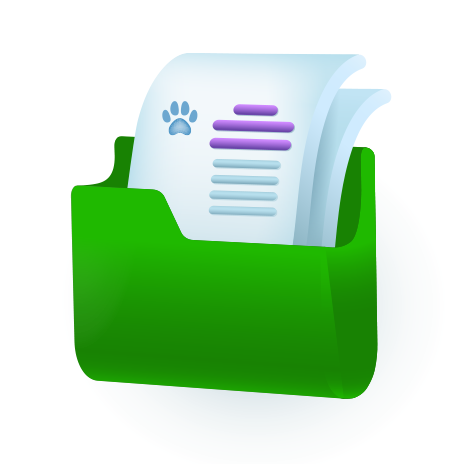






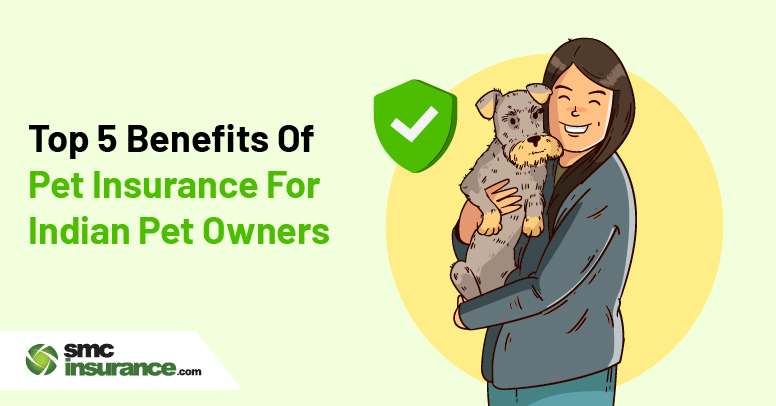
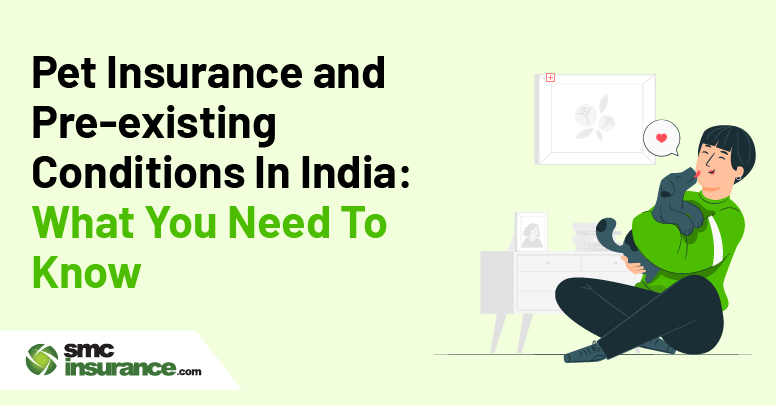
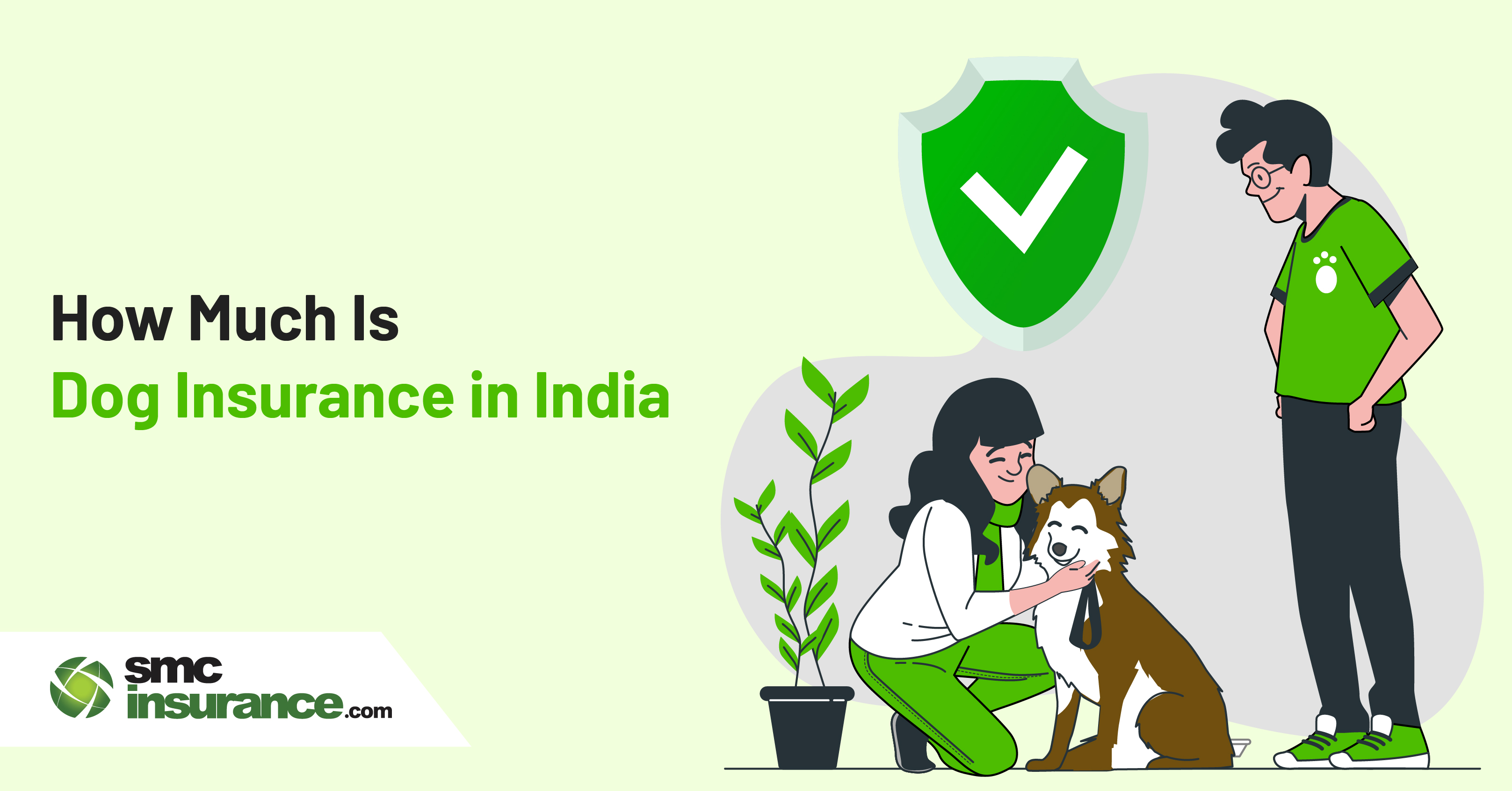
 Taxi Insurance
Taxi Insurance

